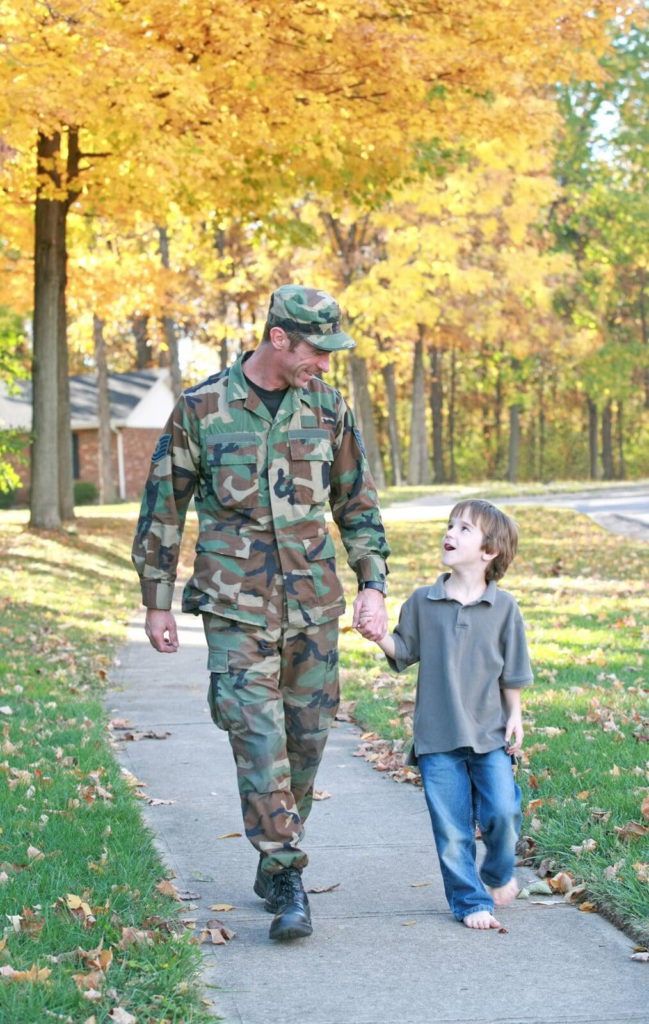Military kids move to different states or areas every few years with their active duty parents. Each new place presents new challenges, new rules, and new requirements. Since 2006, The Council of State Governments (CSG) and the Department of Defense have been working with federal, state, and local stakeholders, as well as military families, to address these challenges in the form of the Military Interstate Children’s Compact Commission (MiC3). Recently, all 50 states adopted the legislation, but implementing it still requires all stakeholders to have a basic knowledge of what it covers. If you are part of a membership organization used by military kids, read on to find out how to support their transitions in and out of your area using MiC3.
What is the Compact?
The Compact addresses Military Kids and the challenges they face when they relocate. It allows the uniform treatment of Military Kids no matter what state they move to. You should note the compact only applies to public and DOD schools.
Students Covered by the Compact
- active duty members of all branches of the military including Coast Guard and Reserves on active duty orders
- members or veterans who are medically discharged for one year
- members who die on active duty, for a period of one year after death
- uniformed members of NOAA and USPHS
What Issues Does the Compact Cover?
- Educational Records
- Immunizations
- Kindergarten & First Grade Entrance Age
- Course & Educational Program Placement
- Special Education Services
- Placement Flexibility
- Absence Related to Deployment Activities
- Eligibility for Student Enrollment
- Eligibility for Extracurricular Participation
- Waiving courses required for graduation if similar course work has been completed
- Flexibility in accepting state exit or end-of- course exams, national achievement tests, or alternative testing in lieu of testing requirements for graduation in the receiving state
- Allowing a student to receive a diploma from the sending school instead of the receiving school

Who Can I Contact if I Have a Question Implementing the MIC3?
Each military institution should have a School Liaison Officer who can help. You can find a list of SLOs in your area here: https://www.dodea.edu/Partnership/schoolLiaisonOfficers.cfm .
The MIC3 in Action
Examples of specific instances covered by the Compact:
- When a family leaves one state, they may request an unofficial copy of school records to hand-carry to the new state and school in order to enroll in the same type of classes while they wait for the official record.
- A child transferring to another state that requires different immunizations is allowed to enroll and start attending school. He/she is given 30 days to obtain immunizations.
- A student who moves to another state may continue in the same grade regardless of entrance age requirements of the new state if she already started that grade in the previous state.
- The new state will honor initial placement in the same types of classes as the previous state. For example, students can be placed in Advanced Placement courses, Gifted and Talented programs, or English as a Second Language. The receiving school may subsequently perform an evaluation, but the initial placement prevents students from being put in a “holding class” while waiting for evaluation and thus missing valuable instruction.
- Students covered by IDEA (Individuals with Disabilities Education Act) will be given the same accommodations listed in their IEP (Individualized Educational Plan).
- The Compact allows military children to request additional excused absences due to visiting a deployed parent before, during, or after a deployment.
- Military students are able to transfer into extracurricular activities regardless of deadlines to apply as long as the student is qualified.
- The Compact allows receiving schools to waive courses required for graduation if similar coursework was completed elsewhere. For example, a student has completed Kansas state history and wouldn’t be required to complete Maryland state history at the new school.



